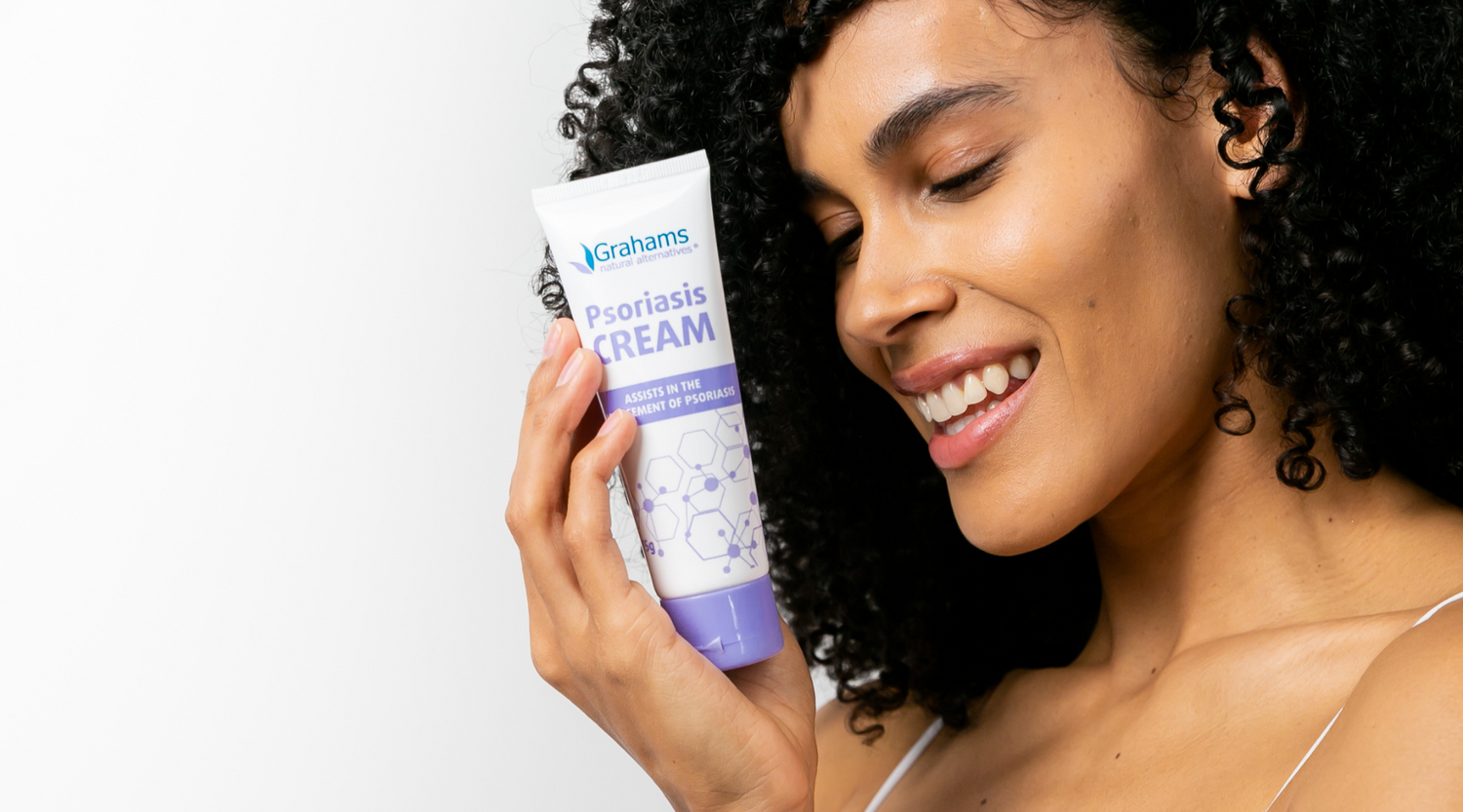Can certain vegetables be making your eczema or psoriasis worse? Read this blog to find out!
Nightshade vegetables are a group of plants that belong to the Solanaceae family. Some common nightshade vegetables include tomatoes, potatoes (not sweet potatoes), eggplant, peppers (bell peppers, chili peppers, paprika, etc.), tomatillos, and goji berries. Despite their popularity and widespread consumption, some people with certain skin conditions such as eczema and psoriasis have reported negative reactions after consuming nightshade vegetables.
What are Nightshade Vegetables?
Nightshade vegetables are a group of plants that belong to the Solanaceae family. They are named after the nightshade plant, a poisonous plant that belongs to the same family as these vegetables. The nightshade plant, also known as Atropa belladonna, produces toxic alkaloids such as atropine, which can cause a range of symptoms when ingested in large amounts, including hallucinations & confusion. Many of the nightshade vegetables also produce alkaloids, although in much lower quantities than the nightshade plant. Despite the presence of alkaloids in these vegetables, they are widely consumed and considered safe for most people for a nutritious and healthy addition to a balanced diet.
Common Nightshade Vegetables

How do Nightshade Vegetables affect people with Eczema & Psoriasis?
Although there is no conclusive evidence to support the claim that nightshade vegetables are bad for people with skin conditions, some individuals with eczema and psoriasis have reported negative reactions after consuming these vegetables. Nightshade vegetables contain certain compounds that may have pro-inflammatory effects in the body, including solanine and capsaicin. Inflammation is a key contributor to many skin conditions, and consuming foods that promote inflammation can exacerbate symptoms such as itching, redness, and inflammation. Additionally, some people with eczema and psoriasis may have a sensitivity or allergy to certain foods, including nightshade vegetables, which can trigger an inflammatory response.
What can I substitute with?
If you have a skin condition and suspect that nightshade vegetables may be contributing to your symptoms, it may be helpful to try eliminating these vegetables from your diet temporarily to see if your symptoms improve. However, it's important to note that nightshade vegetables are a good source of nutrients such as vitamins A and C, fiber, and antioxidants, so it's important to find suitable substitutes to maintain a balanced diet. Here are some easy substitutes for nightshade vegetables:
Tomatoes - Try using apples, beets as well as pumpkin or squash in recipes that call for tomatoes. You can also use avocado or hummus as a substitute for tomato-based sauces.
Potatoes - Sweet potatoes or cauliflower can be used as a substitute for white potatoes in many recipes. You can also try using parsnips or rutabagas instead of potatoes in soups and stews.
Peppers/capsicums - You can use non-nightshade vegetables such as cucumbers, zucchini, or carrots as a substitute for peppers in salads and stir-fries. Alternatively, you can use herbs and spices such as oregano, thyme, or black pepper to add flavor to dishes instead of using peppers.
Eggplant - Portobello mushrooms or zucchini can be used as a substitute for eggplant in many recipes. You can also use chickpeas or lentils as a substitute for eggplant in stews and curries.
In conclusion, nightshade vegetables are a group of plants that may trigger negative reactions in some people with skin conditions such as eczema and psoriasis. However, there is no conclusive evidence to support the claim that nightshade vegetables are bad for everyone with these conditions. If you suspect that nightshade vegetables may be contributing to your symptoms, it's important to speak with a healthcare professional or registered dietitian to develop a personalized plan that meets your nutritional needs while managing your skin condition.





